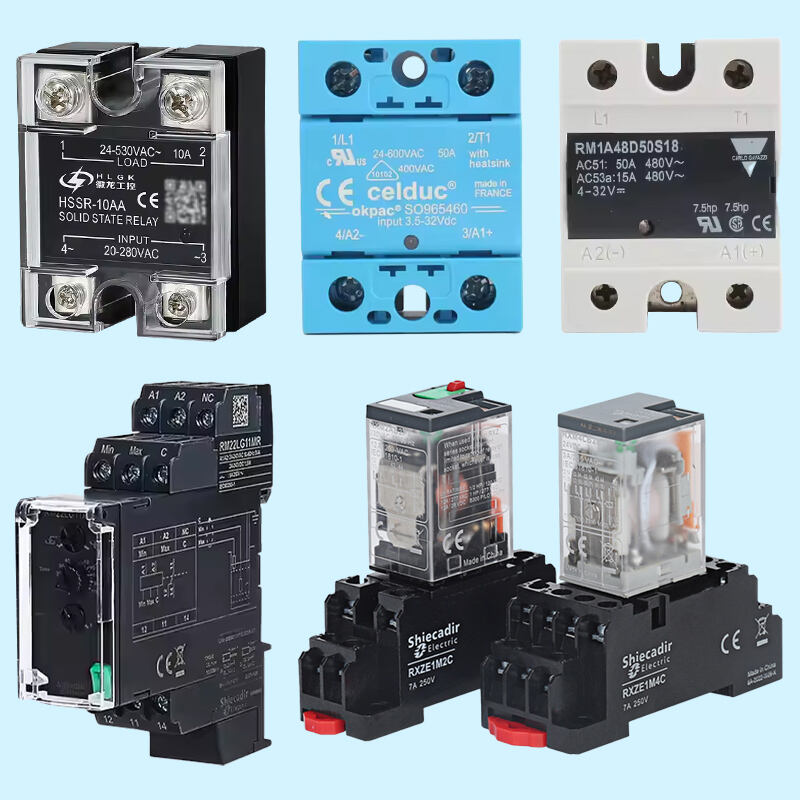Article Overview
Here, we examine the important aspects of compatibility of relay sockets with various types of relays and provide guidance on selecting relay sockets. Understand the important aspects that affect compatibility and why relay sockets should be matched for perfect compatibility.
What are Relay Sockets
Relay sockets act as the interface with the relay and the circuit which needs to be controlled. They are important in an electrical system because the relay can be installed, replaced, and maintained effortlessly. In different types of relays, their relay sockets require strong matches. Other factors like the socket’s pin design, voltage limit, and geometric proportions also determine what relay socket is right for what relay type.
Most Important Aspects of Relay Socket Compatibility
An overall control system has dozens of varieties of relay sockets needing to be addressed. In doing so, you will meet the following criteria:
1. Pin Configuration: Among relays, pin configuration is one of the defining features. Pins for the electrical interface are contained in the relay, so socket matchup must be aligned with the relay pin to ensure proper electrical interface.
2. Voltage Ratings: Each relay socket has an operating voltage limit. Considering overheating or failure, it is essential to use a relevant socket for the relay. Relay voltages must not be exceeded.
3. Physical Size and Shape: For integration into given slots within the channels or the enclosure, relays and sockets must be of certain physical dimensions. Improper dimensions may disrupt the operation and increase the difficulty of installation.
4. Current Rating: The current rating of the relay socket must be in accordance with the relay requirements. A lower current rating relay socket may lead to damage of the socket and the relay.
Types of Relay Sockets
A few others are:
- Octal Sockets: Like all relays, this is also a general purpose relay with eight pins and valuable in most applications.
- DIN Rail Sockets: These sockets are important to modular systems since their mounting is easier on din rails.
- PCB Sockets: These are for printed circuit boards, which make electronic devices more compact in design, and are meant to be used.
Effects of Incorrect Matching
As for relay sockets and relays, the relay and socket used requires thoughtful consideration, for they must be matched or paired aptly. Ignoring the relay and socket compatibility check may result in damage to the equipment, unnecessarily high maintenance costs, and possibly safety hazards. Careful selection of socket and relays enhances reliability and durability of the system.
Emerging and Current Trends In Technology
Like all other devices, the relay and sockets are also undergoing design and shape shifts. There is a growing acceptance of new intelligent devices, for example, relay sockets with inbuilt monitoring devices. Such smart sockets are capable of transmitting important performance data concerning the relays in real-time so that timely corrective measures can be taken well in advance of dire situations. In addition, the unsolved miniaturization problem in electronics is aimed at designing more compact and powerful relay sockets, which would increase the number of relays with which they can be used.
Compatibility of the relays and sockets with each other for any given electrical system is of utmost importance to everyone interfacing with the system. The relay socket selected will be most optimal if the relay socket's integration pin design as well as its voltage and current ratings are observed. The effectiveness of relays in contemporary electrical systems is only amplified by adhering to current industry practices.







